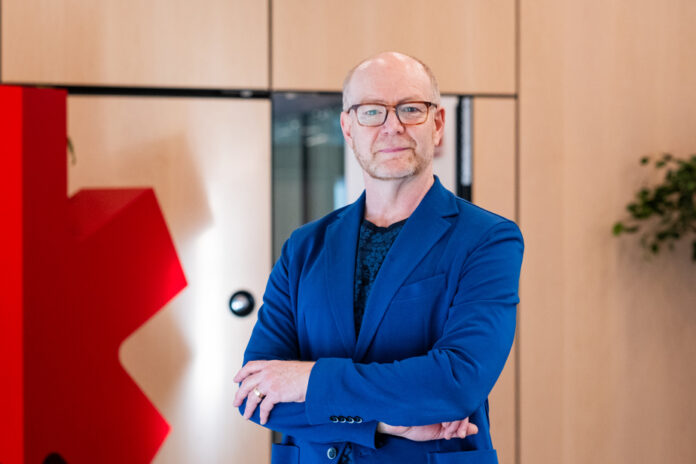In 2013, the Business Development Bank of Canada (BDC) was the first company in the country to receive B Corp certification. This Crown corporation has the mandate to promote certification among businesses. And the enthusiasm is more than palpable in Quebec. Interview with Craig Ryan, Sustainable Development Director at BDC.
The BDC focuses exclusively on Canadian businesses. This is our legal reason. When we discovered B Corp certification, the calculation was simple: if it concerns businesses, it concerns us. It’s a super innovative approach. It is a socio-cultural business movement that is redefining business success. This certification rejects the thinking of Milton Friedman [Editor’s note: Nobel Prize winner and defender of liberalism] and capitalism. Businesses should not just make a profit, but create broader value that includes the community and the planet. It is a strategic development tool that goes further than simple business development.
Yes, and this is encouraging, because the language barrier has delayed the arrival of the B Corp in Quebec. Everything was in English. There are currently 501 certified B Corp companies across Canada. There are 126 in Quebec, just behind British Columbia (137) and Ontario (157).
It’s for everyone. This is the mirror effect of our economy, which is mainly made up of SMEs. Yes, you have to invest time and resources to become certified. However, membership and annual fees are modest. In 10 years, I have never felt that it was a hindrance. Moreover, there are 40 times more users of the certification questionnaire than there are certified companies. The questionnaire is a great strategic planning tool. The questions are adjusted to the size and activities of the company. It’s like “open source” and that’s what attracts companies. Internally, we have a term for those who use the questionnaires, but who are not yet certified: they are the “B-corpish”.
We don’t make any sales pitches. We raise awareness and provide practical support. Every week, with teams, we give workshops to companies to explain the movement to them. We are present across Canada, but especially in British Columbia, Ontario and Quebec, the three provinces with the highest concentration of businesses.















